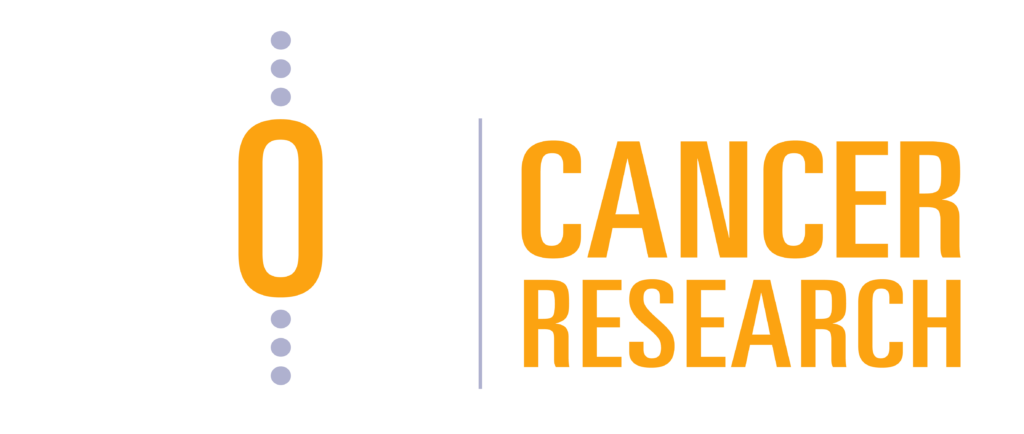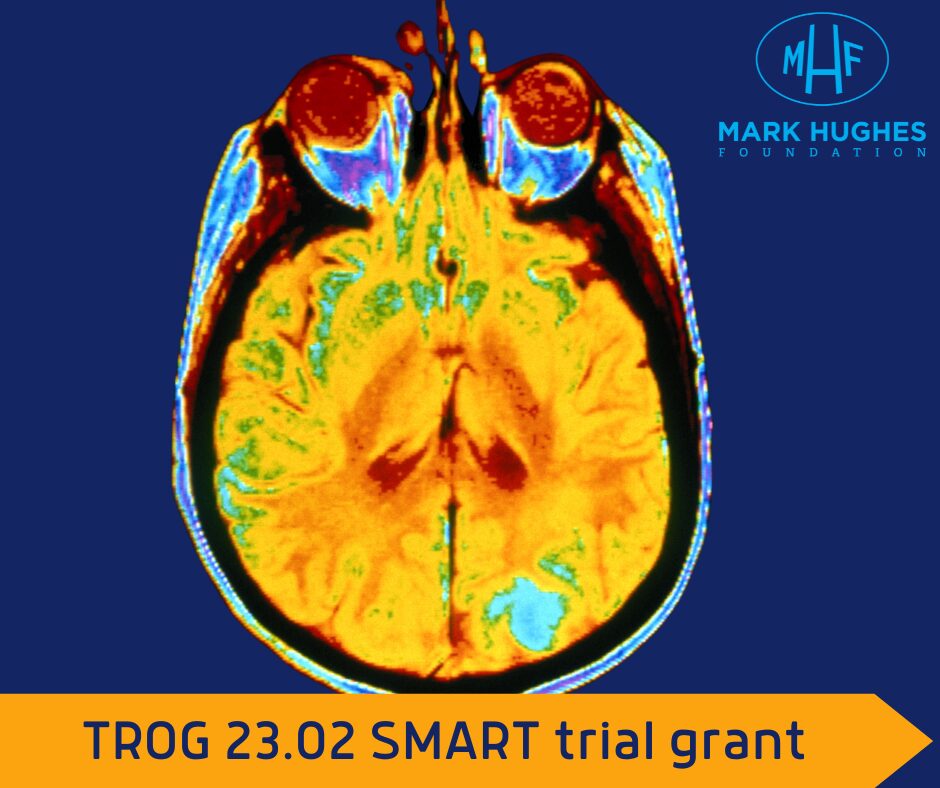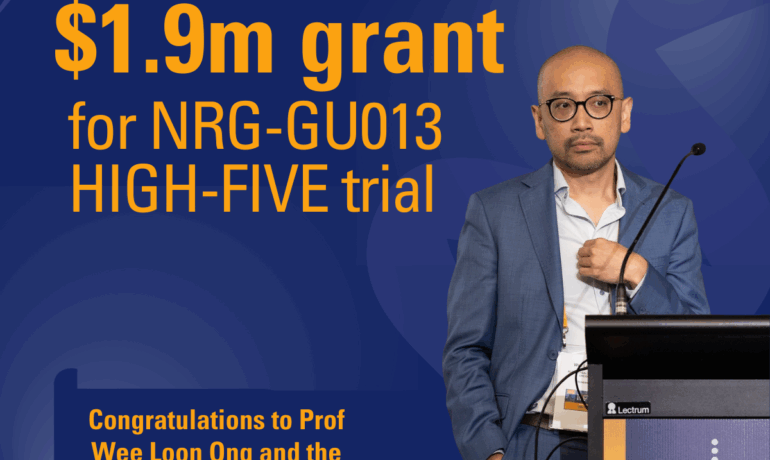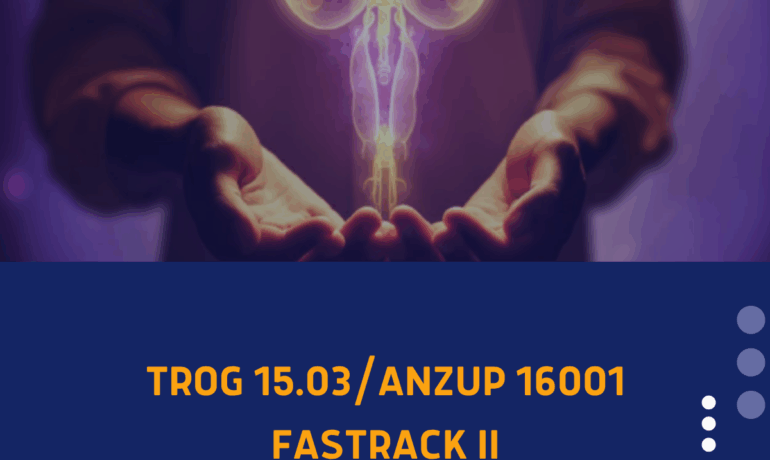LATEST NEWS: 15 April 2025
An innovative trial aimed at improving outcomes for patients with brain metastases will progress to the next stage after receiving a $120,000 grant from the Mark Hughes Foundation (MHF) Centre for Brain Research at the University of Newcastle.
Congratulations to Dr Neda Haghighi from the Peter MacCallum Cancer Centre in Melbourne, who is lead Investigator on the multi-centre study that will explore if using three smaller pre-surgery doses of radiation therapy (rather than one) can lead to better outcomes and improve quality of life in secondary brain cancer.
This TROG Cancer Research led trial, TROG 23.02 SMART, was one of six research projects awarded grants as part of the MHF Innovation Grant Rounds, where researchers are encouraged to ‘think big’ on blue-sky research into brain cancer.
MHF Director and radiation oncologist Professor Mike Fay said the six funded projects were chosen from 47 applications from across the country for a diverse array of research projects.
“It’s exciting that there are now so many researchers with great ideas in the brain cancer space,” he said. “Narrowing the selection down to the top six was a real challenge, but we are proud to be funding the best of an absolutely top-tier range of applications.”
In patients with advanced cancers that have spread to the brain, traditionally, stereotactic radiosurgery (SRS) has been administered after surgery to the area where the cancer was removed, to help prevent it recurring. A new technique that is becoming standard of care involves giving one dose of SRS to brain metastases before surgery, to reduce the radiation dose to normal brain tissue and kill cancer cells before surgery.
However, in patients that don’t have brain surgery, it has been shown that when SRS is given in three smaller doses instead of one, it may further improve chances of controlling the cancer and reducing the incidence of radionecrosis.
Improving outcomes for patients
The TROG 23.02 SMART trial will provide high quality data about whether giving one dose or three smaller doses of SRS (multi-fraction SRS) prior to surgery provides better outcomes for patients with brain metastases.
“The SMART trial aims to improve outcomes for patients with brain metastases by comparing the efficacy, tolerance and quality of life effects to of two different radiosurgery schedules,” Dr Haghighi said.

“Research shows that patients with large or symptomatic brain metastases who need surgery have improved outcomes when surgery is combined with stereotactic radiation. This study seeks to improve the outcomes further by investigating the most effective and safe radiation therapy treatment schemes. “
The MHF grant follows the trial being awarded a $50,000 Tour de Cure grant late last year to enable development of a TROG trial framework for the SMART study, including to assist with design of workflow, education of staff, peer review and appropriate patient follow-up and care.
The MHF funding grant will enable further progress on the trial, with the aim of opening one or two trial sites in Victoria and Queensland by the end of this year. The research team will seek to procure further grant funding to expand to sites across Australia in 2026/27.
Dr Haghighi said the trial had the potential to be practice-changing, not only for Australian neuro-oncology centres, but will support the evidence being generated around the world about optimal radiation therapy techniques for managing brain metastases.
Related Post
TROG brings international prostate cancer trial to Australia, thanks to $1.9 million MRFF grant
LATEST NEWS: 24 September 2025 TROG is set to
TROG 15.03/ANZUP 16001 FASTRACK II: economic analysis shows new technique is cheaper and more effective in the Australian setting
TRIAL UPDATE: 12 August 2025 Treating inoperable kidney cancer




